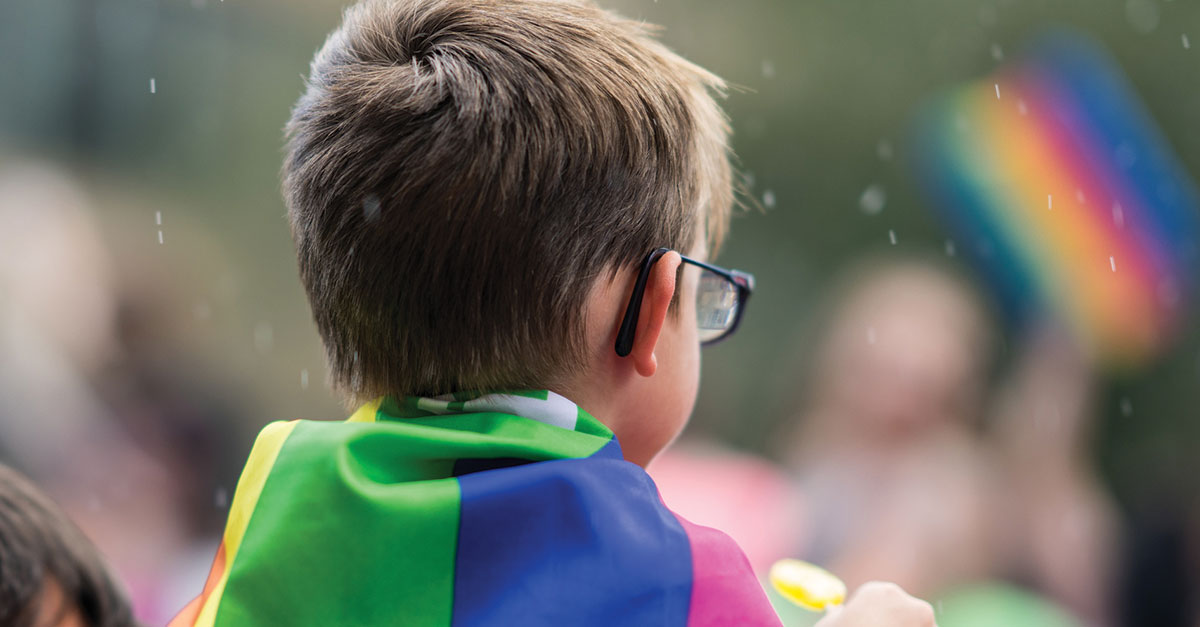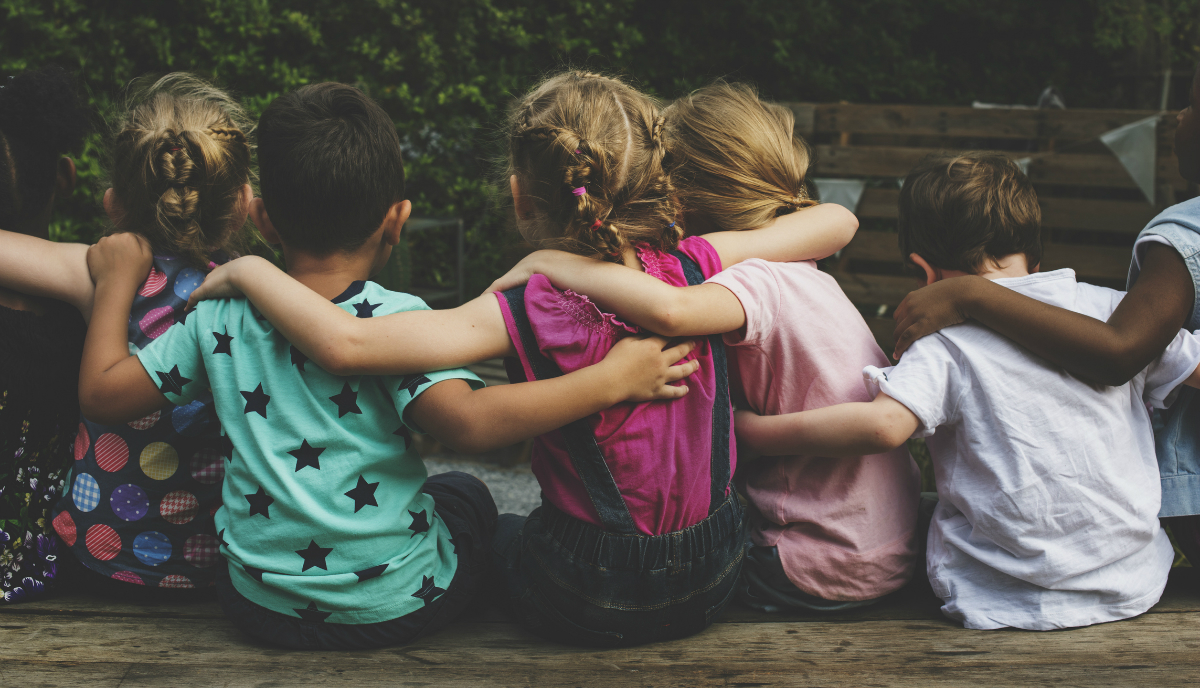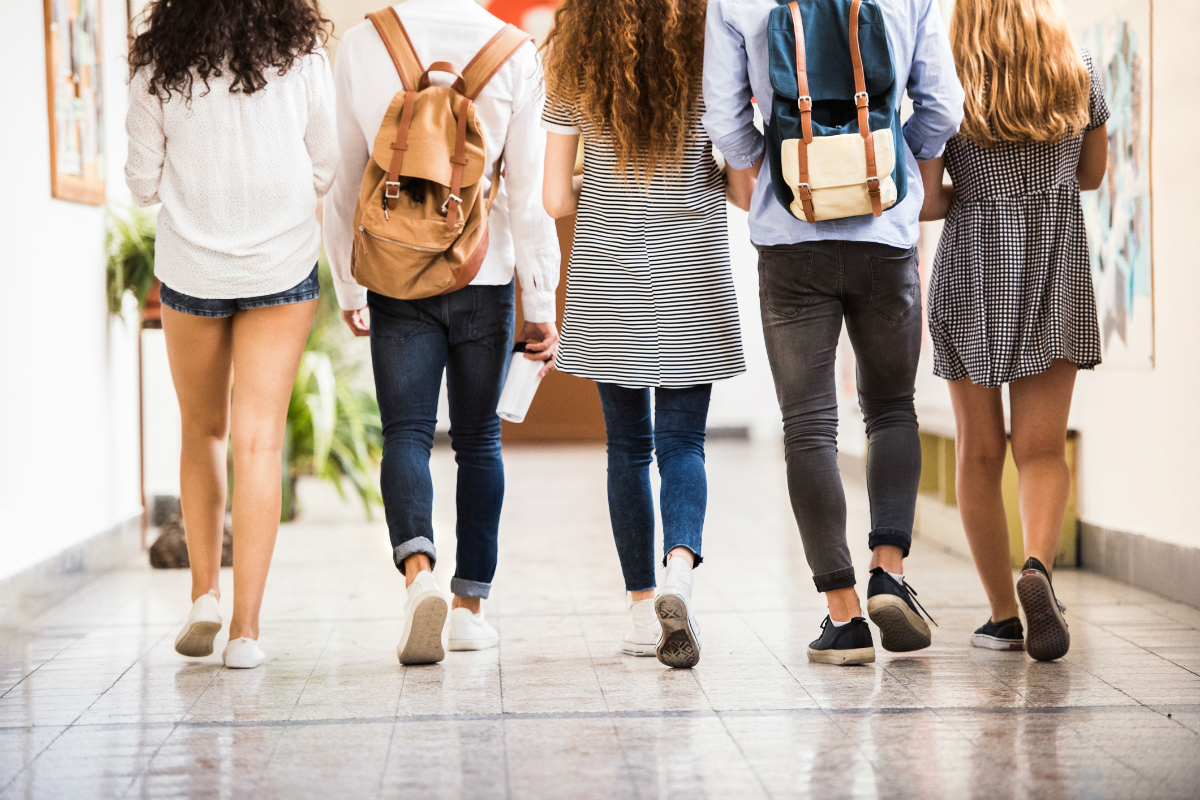The California Department of Education hosted a webinar series during Pride Month on supporting LGBTQ students covering topics including free training and access to partnerships, California Education Code 218 and examples of schools and organizations working for change.
During one of the events, State Superintendent of Public Instruction Tony Thurmond recognized the importance of making educators and youth feel encouraged to be who they are and providing a place to do so without fear of judgment or hate.
“We know when we push back on bullying of LGBTQ+ youth, when we provide resources to help our young people who are learning and exploring about themselves and their sexuality, and around creating safe schools and safe spaces, we see better attendance for our students and students doing better academically,” Thurmond said.
When San Diego Mayor Todd Gloria was in school, he recalled not having gay–straight alliances (GSA) or safe places to turn to on campus.
“In my experience growing up here in San Diego attending public schools, I managed to be the student body president of my high school but still be bullied regularly by students who could very clearly tell who and what I am and decided to treat me poorly as a result of it,” Gloria said. “I was fortunate to be able to persist through that and I think most students do, but not all do, and we realize the impact of that kind of harassment, bullying, disenfranchisement can end up in the most tragic of ways.”
Gloria authored Assembly Bill 493 in 2019, which created training requirements for classified staff on how to best serve LGBTQ+ students in grades 7 to 12 and informed California Education Code 218.
According to the latest California Healthy Kids Survey, just 45 percent of LGBT students reported feeling safe or very safe at school compared to 61 percent of students who did not identify as LGBT. More than half of LGBT student (66 percent) reported feeling chronic sadness or hopelessness in the last 12 months compared to 31 percent of non-LGBT students.
Districts in action
In Fresno USD and Sacramento City USD, efforts to support LGBTQ students are ever-evolving.
Erica Hasenbeck, Fresno USD’s restorative practices manager, leads the district’s LGBTQ+ Support Team. Working with nonprofit Gender Spectrum since 2015 to implement GSA clubs and safe space signs around campuses, it wasn’t until 2016, when a school board trustee’s comments to a newspaper sparked controversy, that the community really came together, Hasenbeck said.
The district ultimately came up with a five-point plan and mission to create safe, supportive and inclusive schools for all. The plan’s initial points included student empowerment, professional learning, working with community partners, policies and procedures, and communication. It has continued to grow through the years and a “broad coalition” of people from the district contribute.
Located in an area with a conservative reputation, the team provides resources and support to staff, students and families. “Most people are much more open-minded and willing to come along on a learning journey than you’d imagine,” Hasenbeck said.
A but further north, Daniel Cisneros of Sacramento City USD’s Connect Center said the district hosted events like virtual Netflix movie nights and an online youth conference during the pandemic to make sure students felt connected to the critical spaces they need.
With a goal of helping students build resilience, the Center offers services including information and referrals, safe zone trainings, mental health/behavioral consultations, suicide risk response and intervention and more.
Learning is something everyone should be ready and willing to continue doing, said Assemblymember Evan Low.
“I chair the California LGBTQ Legislative Caucus and I will admit that I myself am still learning,” Low said. “This is a constant journey and I say that to share that it’s OK no to have all the answers. For different generations, there are different meanings and we’re constantly evolving but I think it’s so important for us to be open to learning and hearing from each other’s experiences.”
There are often local resources like LGBTQ centers and PFLAG chapters that can offer trainings and support to districts. California Health Education has professional learning opportunities and the American Psychological Association has its respect workshop. Organizations like the Trevor Project also have valuable information available.
Recordings of the webinars can be found on the CDE’s Facebook page.





